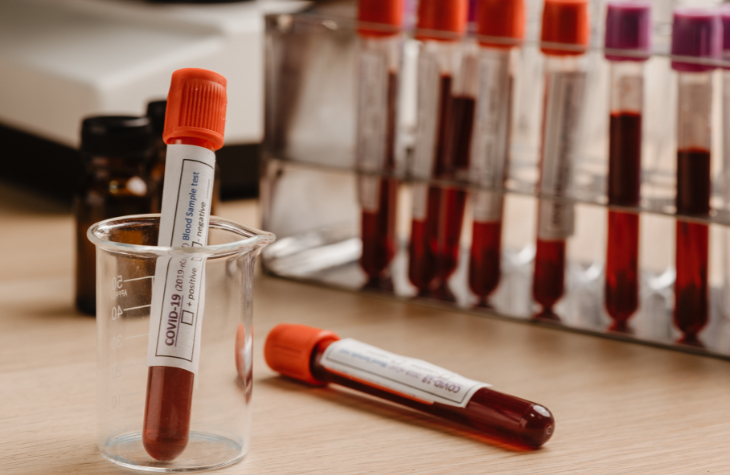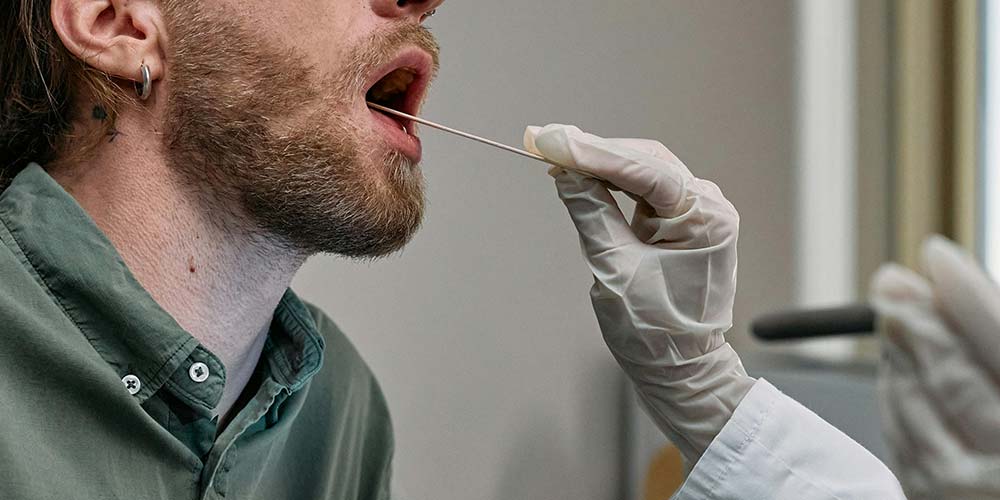How Long Does Gabapentin Stay in Your System?
Gabapentin shows up in a lot of medicine cabinets. It’s prescribed for nerve pain, seizures, and several off-label uses that have become more common over the years. Because of that, many people eventually ask the same question: how long does gabapentin stay in your system?
For most adults, gabapentin doesn’t stay around for very long. The body usually clears it within one to two days, but that timeline isn’t the same for everyone. Kidney health, age, dosage, and how long the medication has been used all play a role. Knowing this matters, especially if you’re adjusting a prescription, worried about interactions, or planning to stop taking it.







